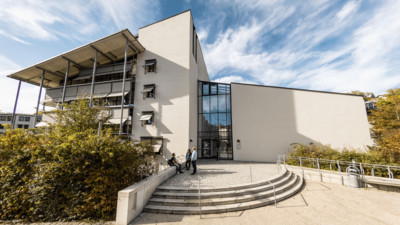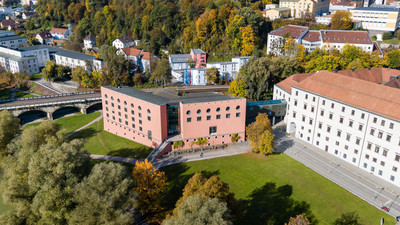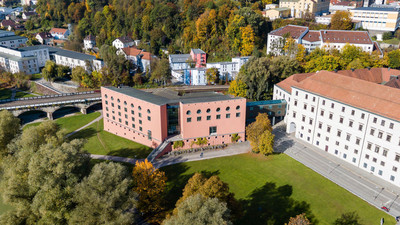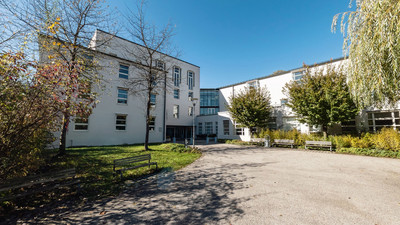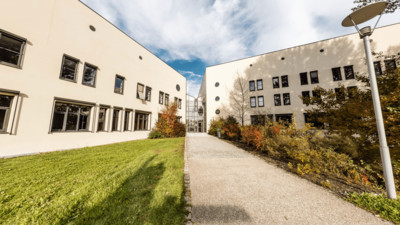The THE Rankings are among the most influential worldwide university rankings, and the number of participating universities have grown steadily over the years: 2,092 universities participated in the latest ranking, up from 1,907 in the previous year. Of all the participating universities, only the departments with the most publications qualify for the individual top lists, the so-called THE Subject Rankings.
In the new ranking, the School of Business, Economics and Information Systems is ranked in the 201–250 group, putting it on a par with Goethe University Frankfurt and Paris-Sorbonne University. The subject ranking is led by the Massachusetts Institute of Technology (MIT) and the universities of Oxford and Stanford in second and third place respectively.
“We are delighted and very proud of our excellent performance. This ranking documents once again that our faculty employs internationally excellent academics who conduct research on exciting, highly topical subjects. And our students also benefit from this”, said Professor Stefan Bauernschuster, Dean of the School of Business, Economics and Information Systems.
“I congratulate my faculty on this great achievement. It is impressive to see how our appointment policy, which is geared towards excellent research, and its continuous research and publication achievements are now paying off”, said a delighted Professor Jan Hendrik Schumann, the University’s Vice President for Research.
Passau’s Social Sciences are ranked in the 301–400 group, and the Faculty of Computer Science and Mathematics is ranked 401–500. In the Social Sciences, MIT is again in the lead, ahead of Oxford and Stanford, who swapped places since last year. Oxford ranks first in the field of computer science, followed by Cambridge and MIT.
The rankings are based on a comparison of 18 different indicators from the areas of teaching, research environment, research quality, knowledge transfer and internationalisation. Some of the data, above all indicators on the student body, staff figures and financial resources, are reported by the participating universities themselves, while others are obtained from academic databases and THE-conducted surveys among international academics.

